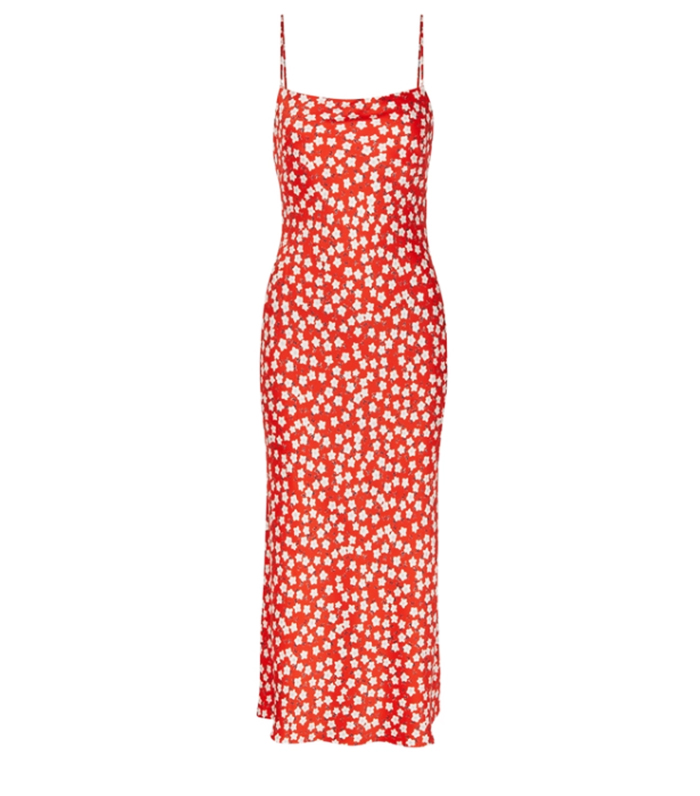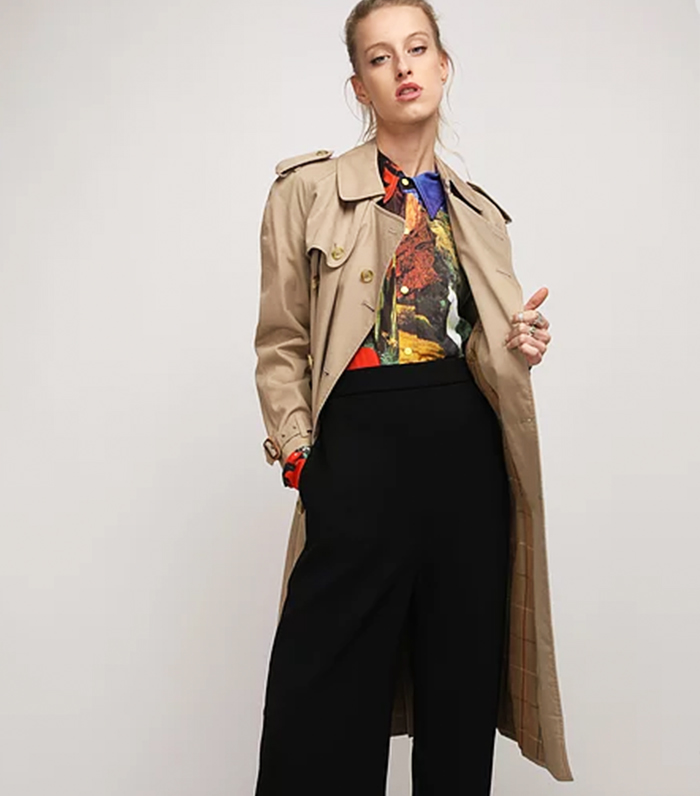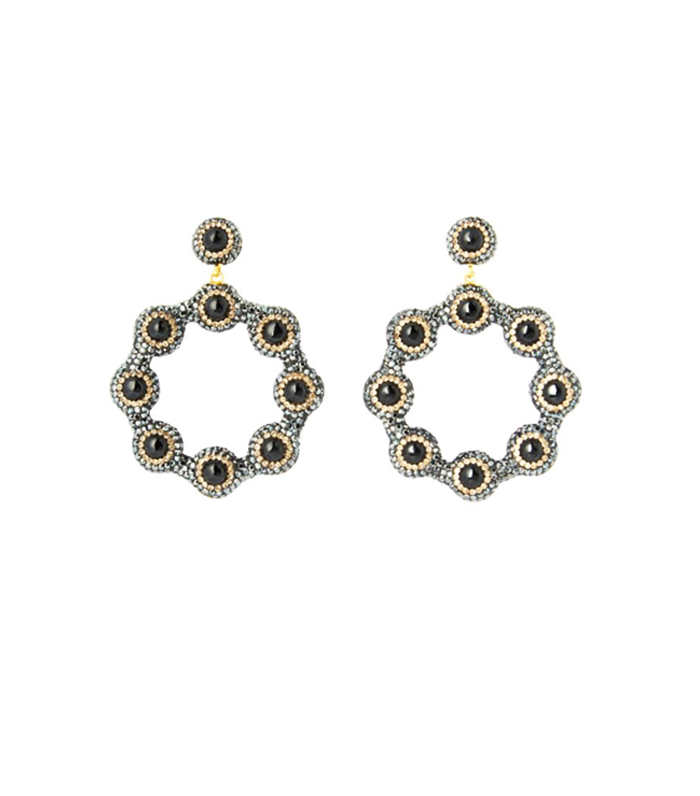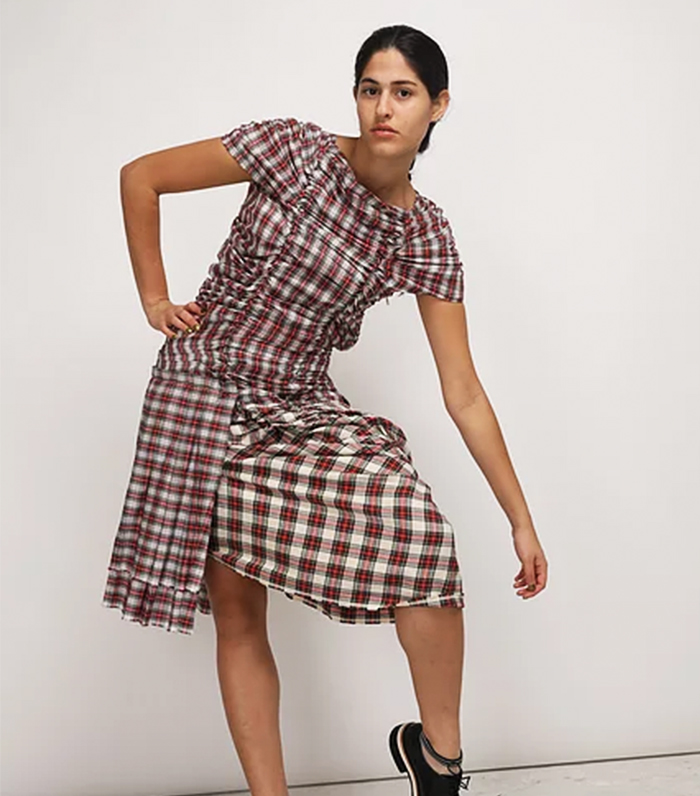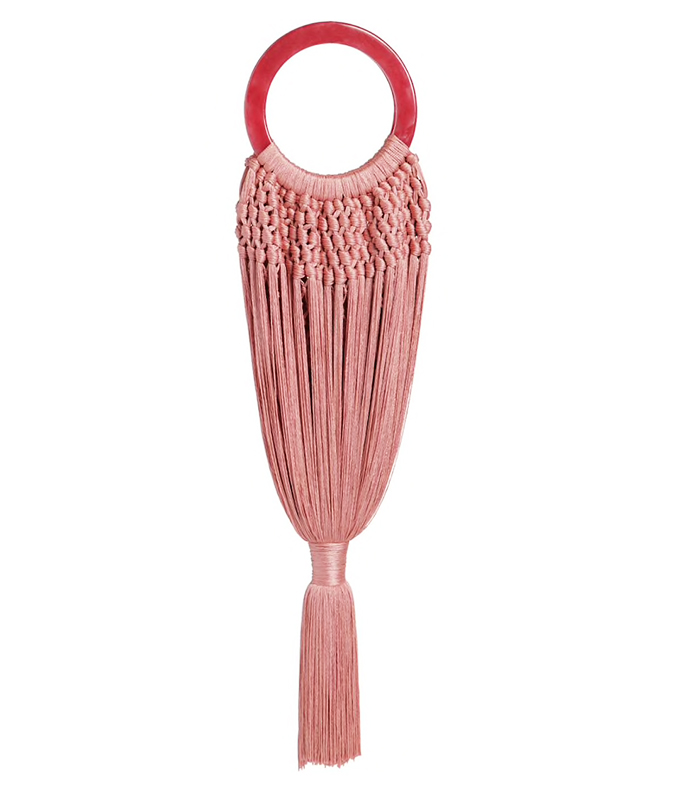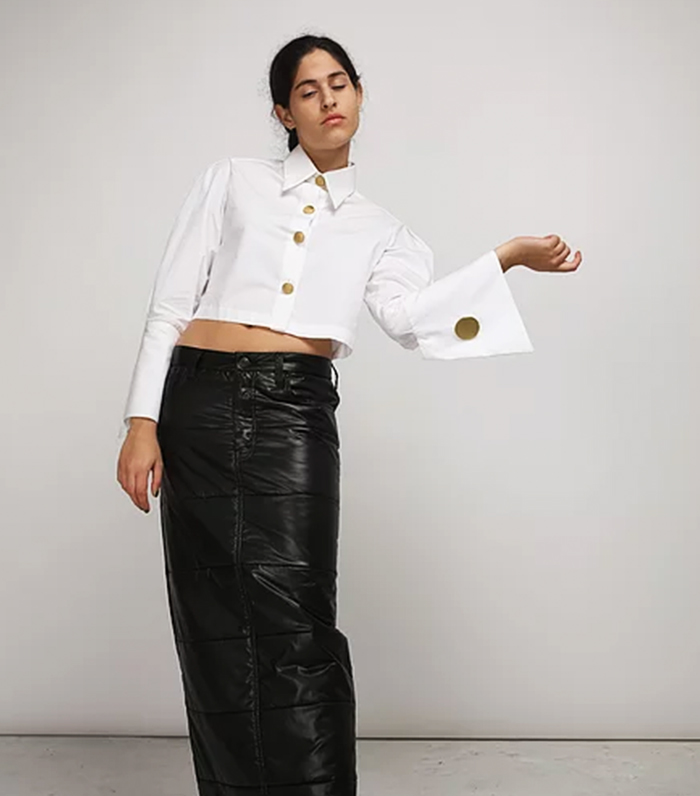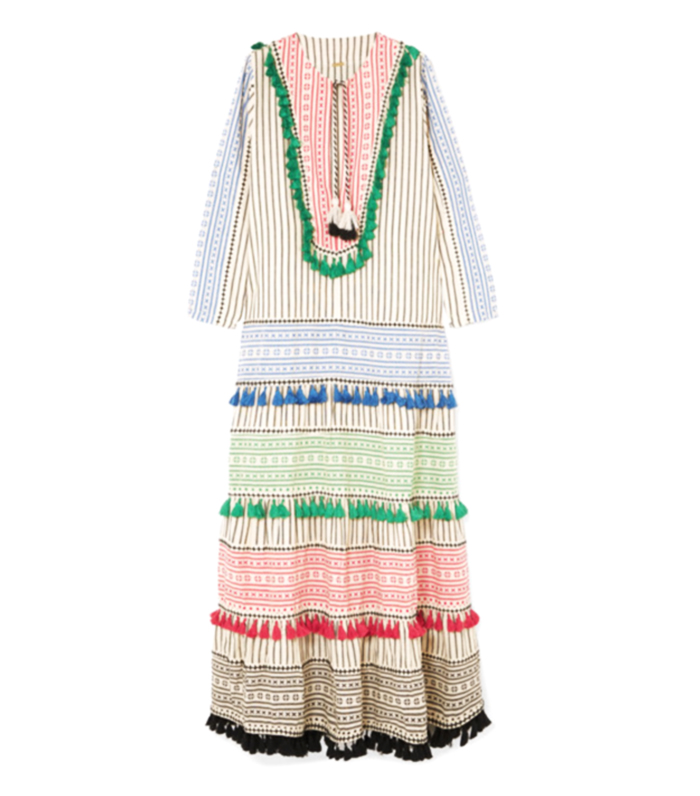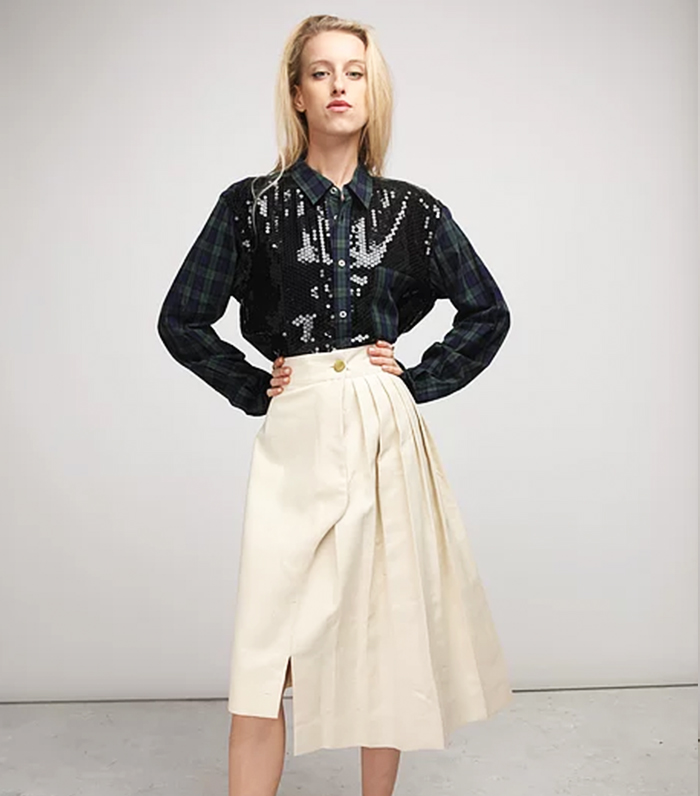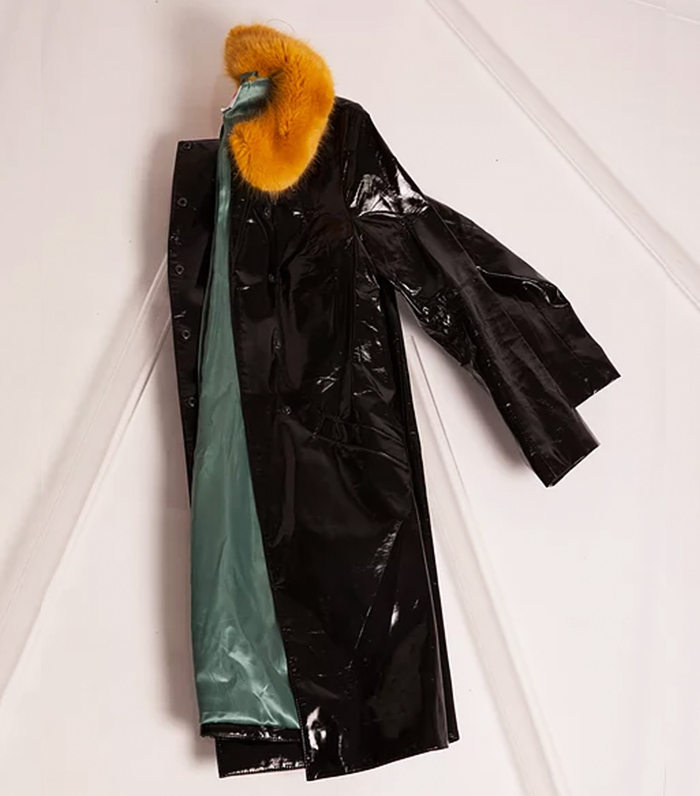Why Fashion Girls Are Going to Start Sharing Their Clothes in 2019
How can we consolidate our love of fashion with a sustainable lifestyle? That's the million dollar question and one that is ever-present in our minds, particularly as we come to the end of Fashion Revolution Week. Yes, we can wash our clothes less, make an effort to shop vintage and wear organic cotton, but fundamentally disrupting and changing the global machine that is the fashion industry? That can seem like an insurmountable challenge. That's where rental fashion comes in.
As a generation, we embody a bit of a contradiction when it comes to our shopping habits: Firstly we want newness. When do we want it? Now. We enjoy the variety and immediacy offered up by e-commerce fashion, but at the same time, we crave authenticity and are demanding more from retailers—be it transparency or a more personalised shopping experience (so long, corporate anonymity).
With sustainability set to be a hot topic for 2019, rental fashion sites are offering a seemingly simple solution to the inconsistencies in our attitude to fashion. Already a firm fixture in the U.S.—last week Rent the Runway was valued at $1 billion—clothing rental in the UK has, up till now, only occupied a niche section of the market (think bridal suits for ushers). But that's all about to change.
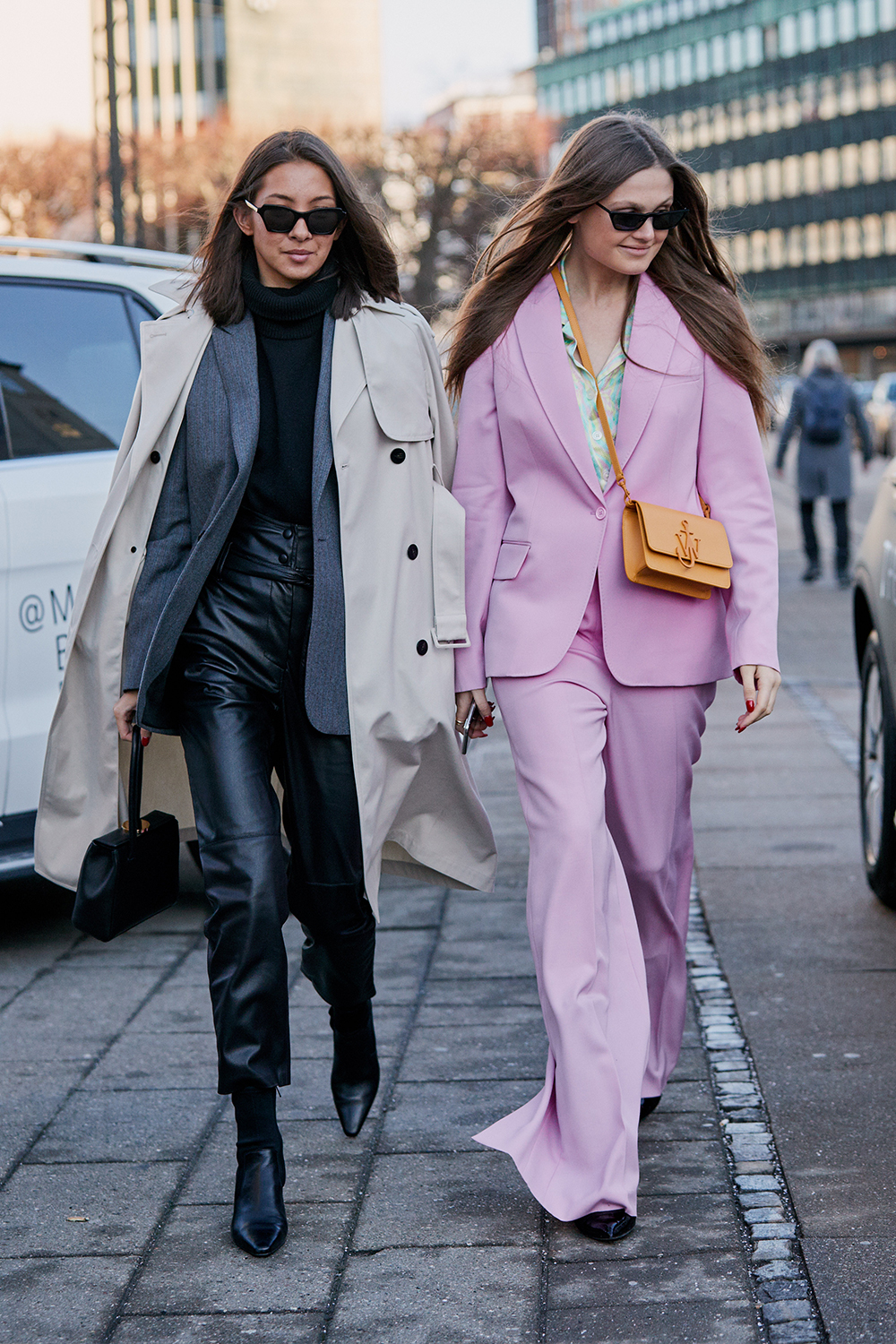
Within the ever-expanding sharing economy, clothing rental platforms, such as peer-to-peer rental platform HURR Collective, are offering millennials the same flexibility and engagement as seen in the likes of Airbnb, Uber and Spotify, but for their wardrobes.
"Before I left the corporate world, I'd watched the massive rise of the sharing economy that's impacted all areas of our day-to-day lives. As one of the world's most polluting industries, fashion was the next big industry that was ripe for disruption," explains Victoria Prew, co-founder and CEO at HURR Collective. "We're building the Airbnb of fashion to allow women to make money from the pieces they already own and also rent designer items for a fraction of the retail price. Extending the life span of your clothes is one of the best things you can do to reduce the environmental impact of your wardrobe."
New clothes, less waste, big impact. Sounds simple right? And the reality is, it kinda is. Ultimately, people like new things and want the most for their money (that's one thing that's never going to change), and with the birth of rental fashion, we can have these things, plus the chance to, bit by bit, shift the trajectory of the fashion industry in a more sustainable direction, and we are so here for it.
To help you on your way, we've rounded-up four names in the resale fashion business to look out for in 2019. Scroll down to find out more.
Best for Wedding Guest Dresses: HURR Collective
Launched only this year, HURR Collective is the UK's first peer-to-peer wardrobe rental platform. Allowing users to both rent and make money from the designer items hanging in their wardrobe, the platform prides itself on using real-time ID verification, geo-tagging and AI-powered fashion stylists to ensure it is the most secure and trusted way to share your wardrobe.
"As a tech company, we're really focused on ensuring that it's safe and secure to rent your wardrobe. Trust is at our core, so we've worked hard from day one to ensure the vetting and review processes are right as we continue to build our community of like-minded women who love fashion and want to share their style," explains Prew.
"We want HURR to be the go-to destination for every one of your social occasions. We're rolling out our ambassador programme to bring HURR to all major cities across the UK later this year, with international expansion also on the horizon."
Visit: hurrcollective.com
Best for International Style: Lablaco
Lablaco was founded in 2016 by Lorenzo Albrighi and Eliana (ShihYun) Kuo in Milan and pitches itself as "the only circular economy social platform where users are rewarded with discounts by recirculating their clothes." The app enables you to shop fashion items, and when you're done with them, give them to someone else. It's essentially one big swishing party.
"Whether it's renting, sharing or buying secondhand clothing, we offer a way of prolonging the product lifecycle and reducing waste being produced every day, every week, even every season from more than 10,000 of brands all over the world," explains a representative from the brand. "The pace of the fashion industry is way too fast, however, it doesn't mean we should not buy new clothes but only shop pieces that are really well made and can last long enough not to be binned after two or three uses."
Visit: lablaco.com
Related: I Just Asked Instagram's Most Stylish What Vintage Pieces They're Buying
Best for Monthly Packages: Wear the Walk
With over 1000 outfits to choose from, Wear the Walk works with over 60 designers to stock and provide access to the latest off-the-catwalk collections. It works on a membership only basis, so consumers subscribe to use the platform and rent a number of pieces every month.
"I was the ultimate fast-fashion perpetrator, updating my wardrobe weekly and feeling the shame of wearing things once. I had an appetite for luxury and high quality but knew how inaccessible these items were from my previous experience working at Mulberry. Thus, the non-ownership model really resonated with me my lifestyle," says founder Zoe Partridge.
"What renting provides is a lack of compromise because it is financially efficient. We're really focused on moving beyond the occasion-based rental model to enable customers to access a wardrobe extension, a sustainable way to wear what they want when they want."
Visit: wearthewalk.co.uk
Best for Contemporary Labels: Higher Studio
Higher Studio is one of the latest brands to enter the resale market, offering users a chance to rent clothing either through a weekly or monthly subscription. Having studied at Central Saint Martins, founder Sara Arnold had planned to set up her own fashion brand before realising that she couldn't justify the environmental impact.
"I discovered the circular economy and that paying for goods as services could incentivise a circular approach and design for longevity. But as a designer, I was also attracted to the way in which rental could allow people to be more experimental and therefore allow for more creative design," Sara explains. "Users can be more experimental, and so designers can too. When paying for what we use instead of an upfront cost, we can think more about what gives us joy rather than the value of money and if we want to commit."
Visit: higher.studio
Shop Our Fashion Rental Edit
Up Next: If You Want to Dress More Sustainably, These Are the Fabrics to Avoid
Promo Image: The Style Stalker
-
 Michael Gandolfini Is Right on Time
Michael Gandolfini Is Right on TimeWith the anticipated finale of Daredevil: Born Again and A24's Warfare, the actor strikes a high note this month.
By Jessica Baker
-
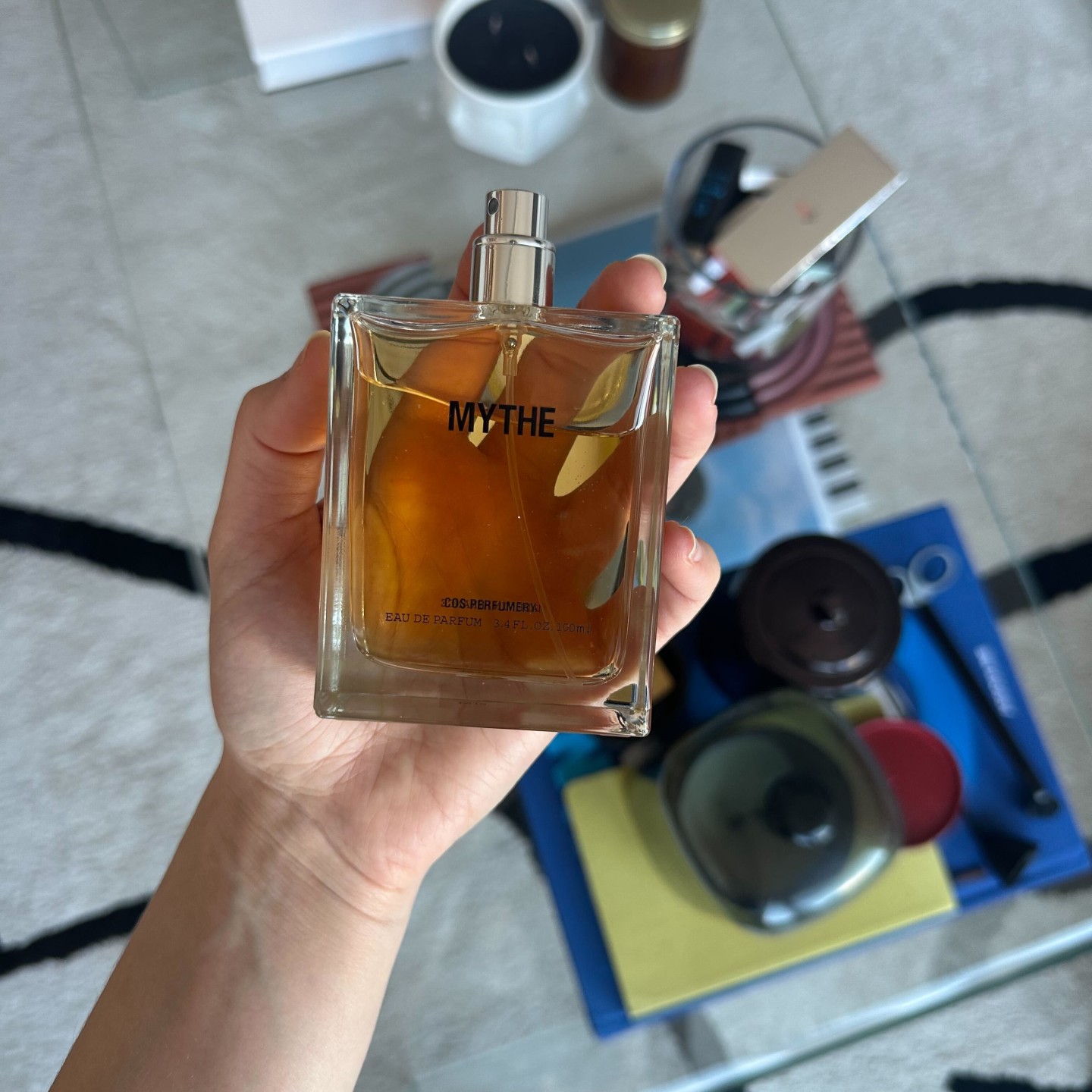 I Can Attest—COS Fragrances Are Just as Minimalistic-Chic as the Brand's Elevated Basics
I Can Attest—COS Fragrances Are Just as Minimalistic-Chic as the Brand's Elevated BasicsI’ve never smelled more expensive.
By Jamie Schneider
-
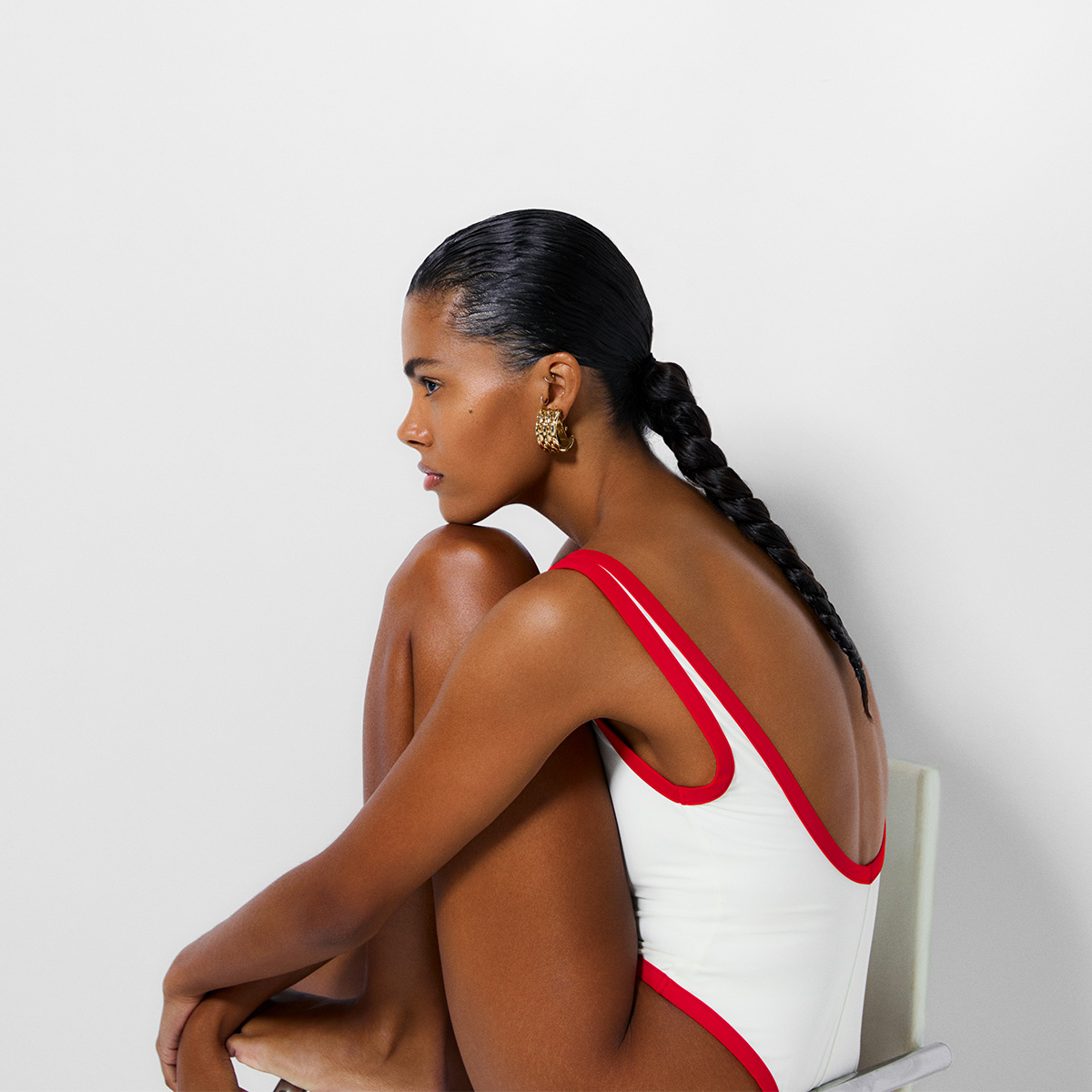 Reformation Finally Launched Swimwear, and the Collection Is Pure Elegance
Reformation Finally Launched Swimwear, and the Collection Is Pure Elegance*Orders every suit.*
By Eliza Huber
-
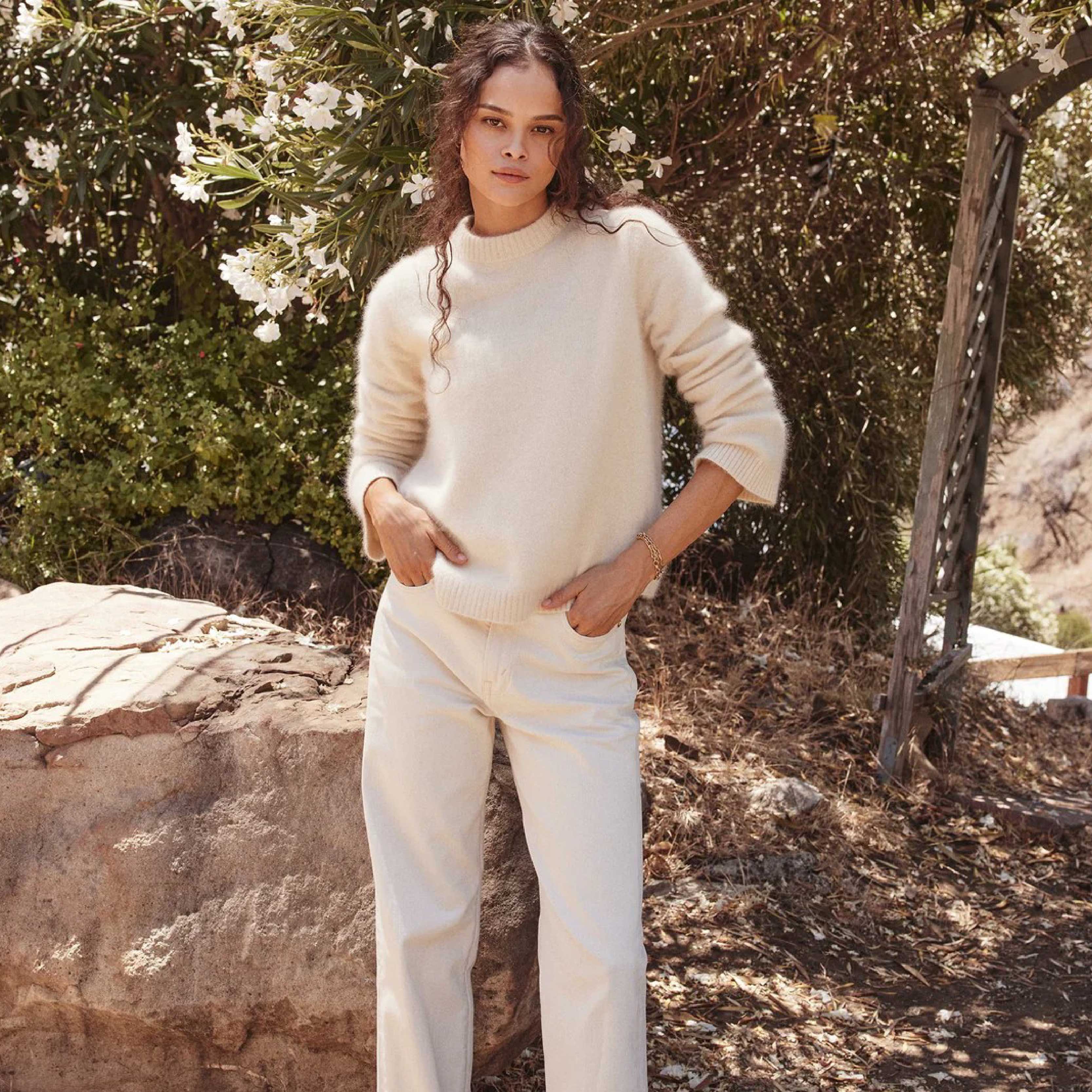 16 Classic Finds That Are Key to Building Your Perfect Capsule Wardrobe
16 Classic Finds That Are Key to Building Your Perfect Capsule WardrobeThis brand is a gem.
By Raina Mendonça
-
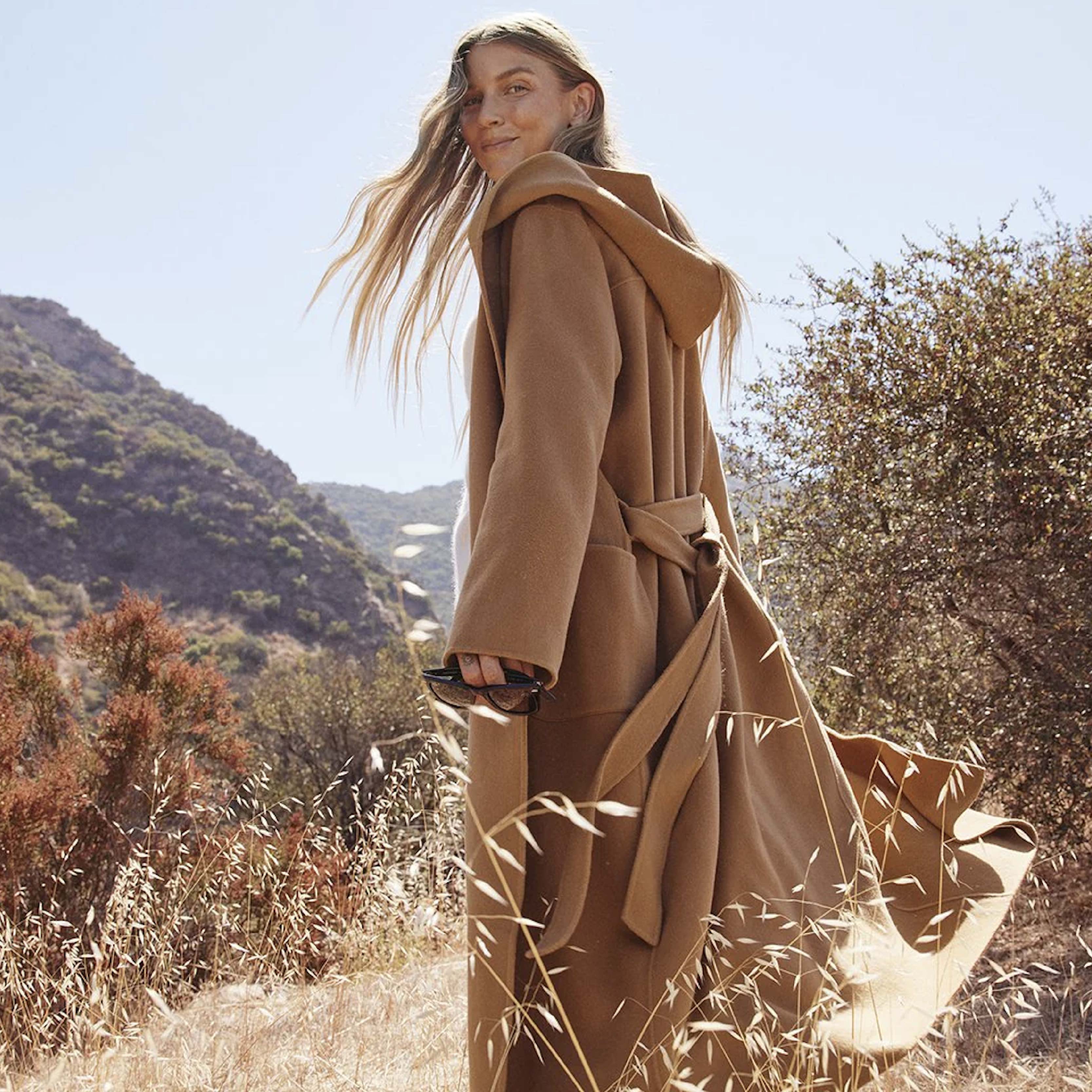 16 Classic Winter Fashion Finds That Will Stand the Test of Time
16 Classic Winter Fashion Finds That Will Stand the Test of TimeThese are winners.
By Raina Mendonça
-
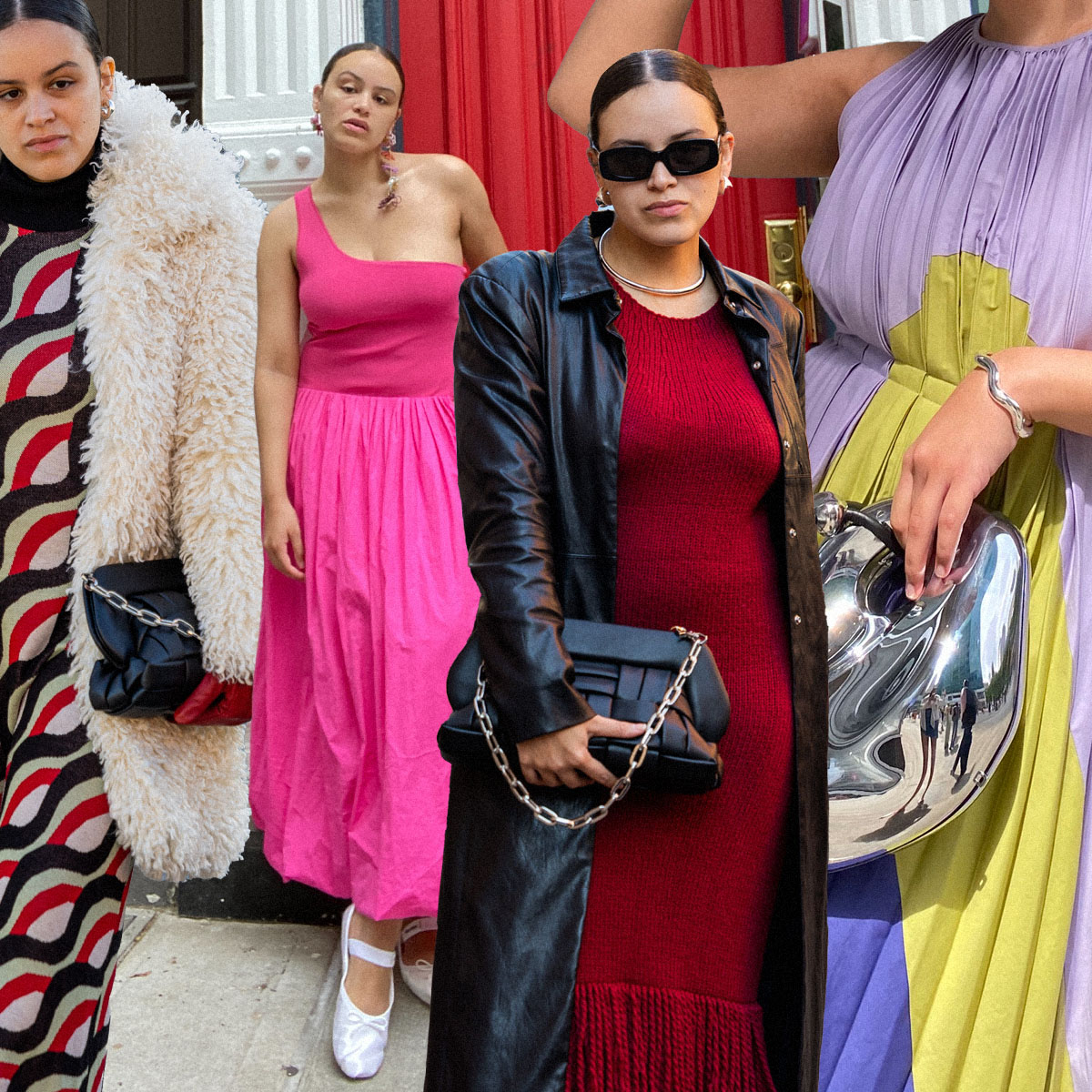 I Haven't Spent More Than $150 on Clothing in Six Months—Here's How I Did It
I Haven't Spent More Than $150 on Clothing in Six Months—Here's How I Did ItYes, really.
By Jasmine Fox-Suliaman
-
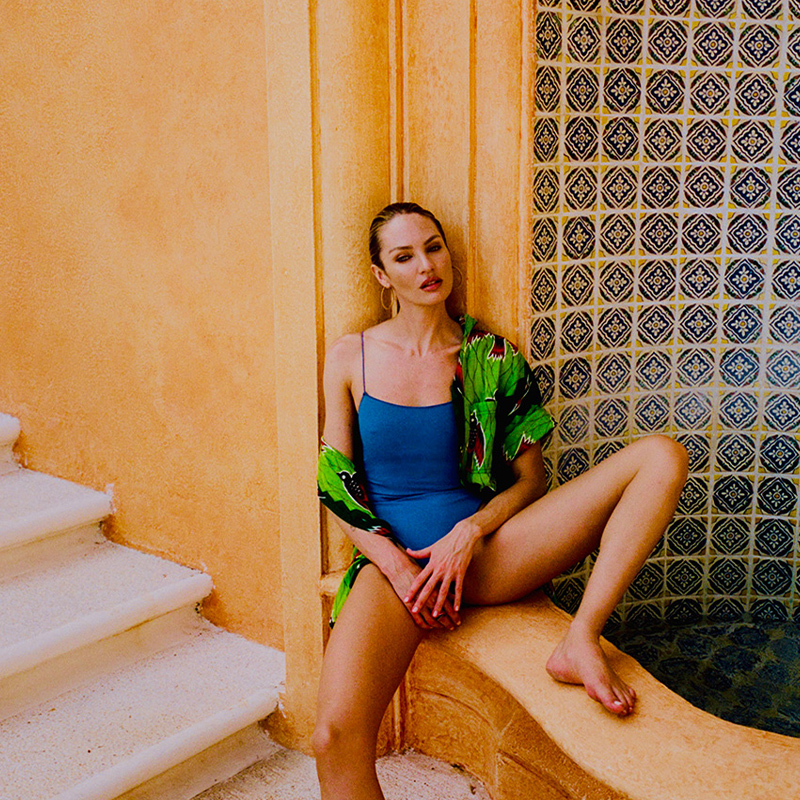 Feel and Look Good: Shop These Supermodel-Approved, Sustainable Summer Picks
Feel and Look Good: Shop These Supermodel-Approved, Sustainable Summer PicksSlow fashion is here to stay.
By Raina Mendonça
-
 Slow Fashion Is the Move for 2023—I'm Living in These 16 Dreamy Pieces
Slow Fashion Is the Move for 2023—I'm Living in These 16 Dreamy PiecesYour new favorite eco-conscious label.
By Emma Walsh
-
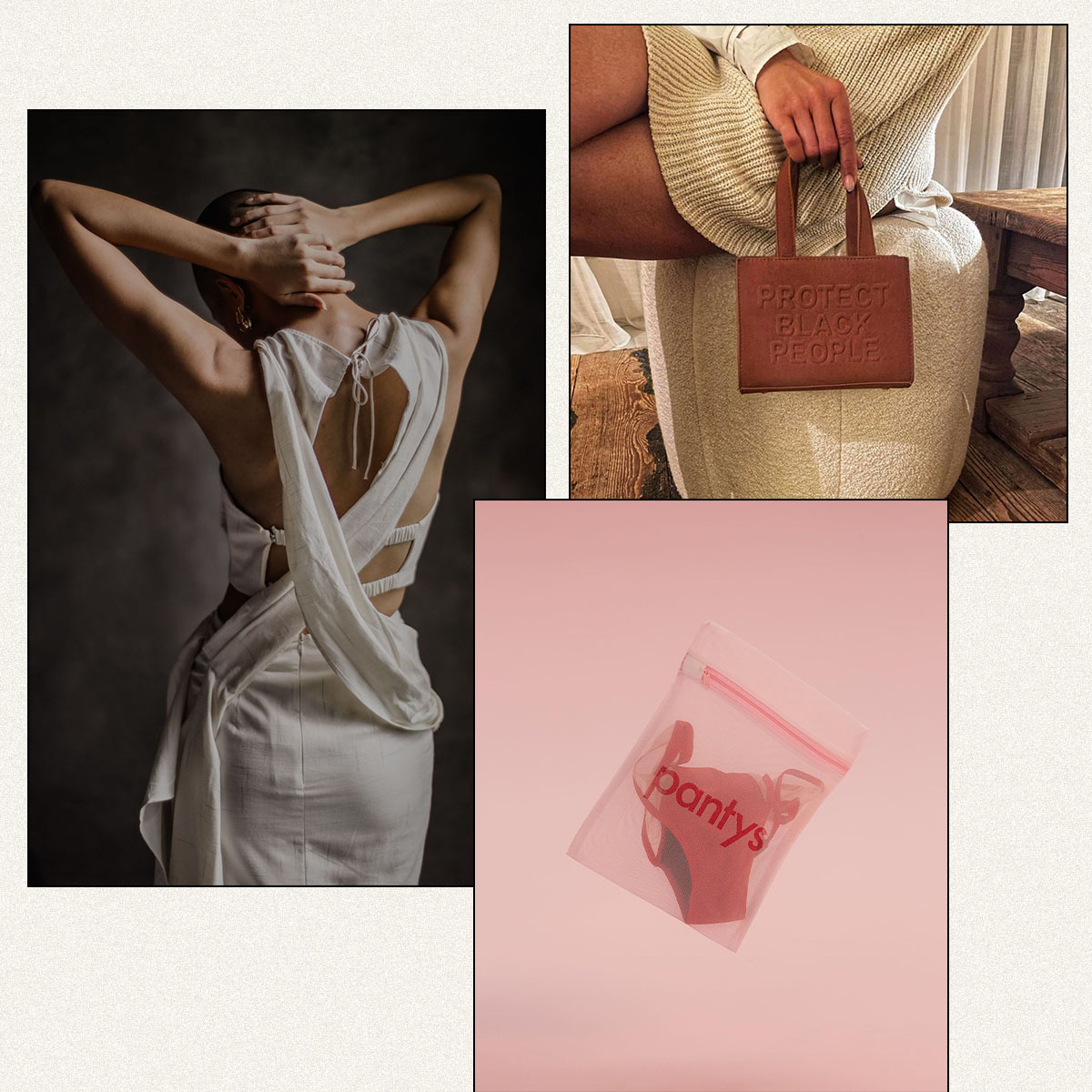 Cartier Is Empowering These Fashion Entrepreneurs Who Are Making a Difference
Cartier Is Empowering These Fashion Entrepreneurs Who Are Making a DifferenceThe 2023 Cartier Women's Initiative Awards are here!
By Kat Collings
-
 35 Sustainability-Minded Fashion Brands to Shop Year-Round
35 Sustainability-Minded Fashion Brands to Shop Year-RoundBecause it's not a trend.
By Jasmine Fox-Suliaman
